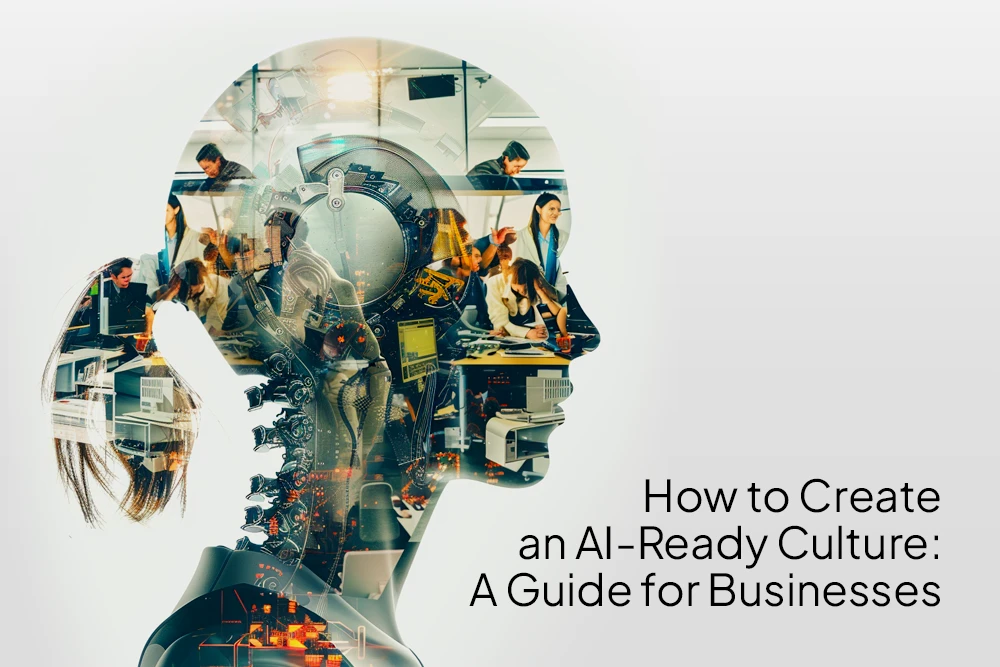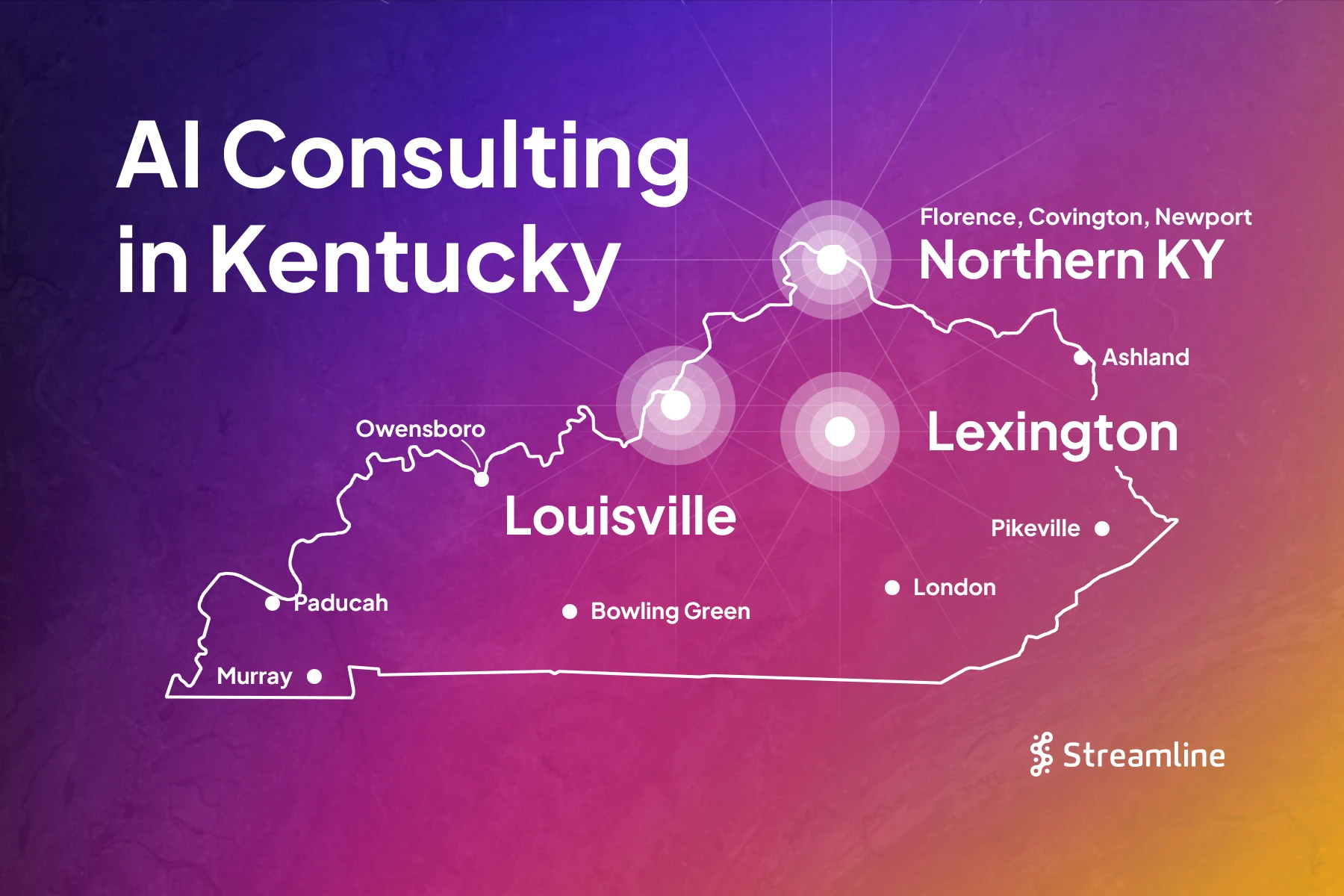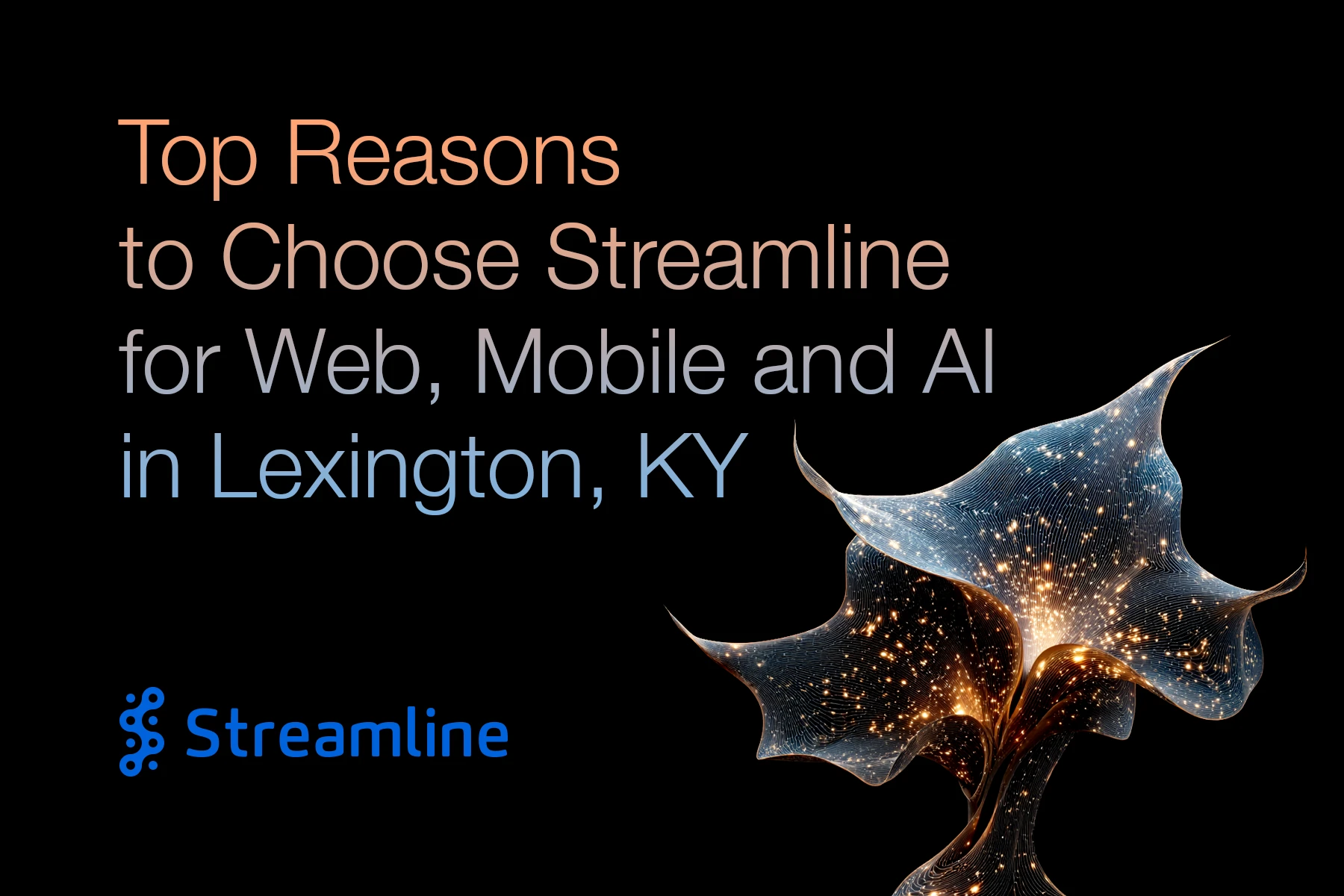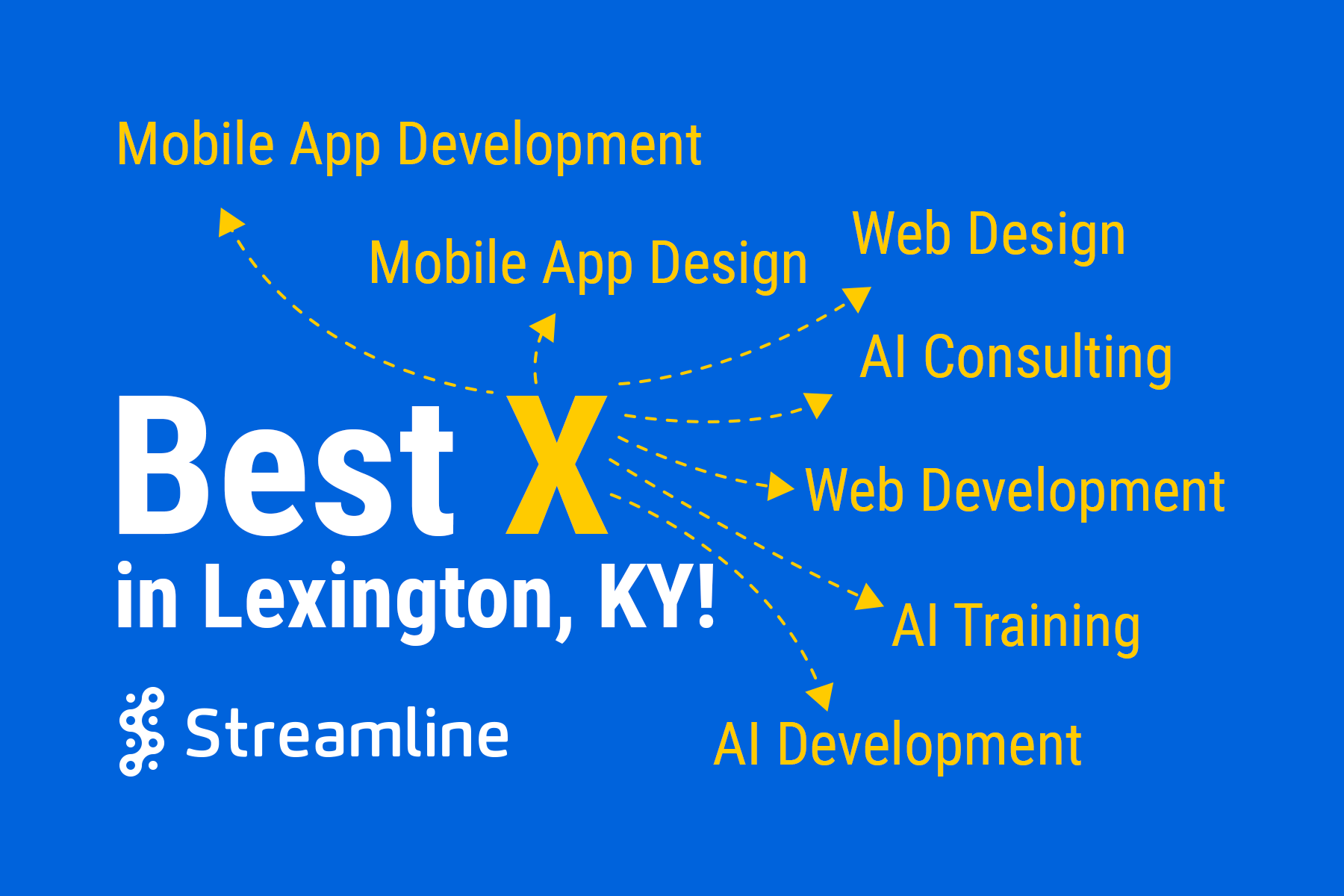AI Adoption is More Than Just Technology
Most businesses today know they need to adopt AI, but few understand what that really means. It's not just about buying some software or hiring a data scientist. To truly create an AI-ready workspace, a company needs to transform its culture. This is harder than it sounds, and success isn't guaranteed.
Building AI Literacy and Shifting Mindsets
The first step is to recognize that AI isn't just another IT project. It's a fundamental shift in how work gets done. Imagine if you'd tried to adopt electricity in your factory in the early 1900s, but kept all your steam-powered processes intact. You'd miss most of the benefits. AI is similar. To get the most out of it, to actually create an AI-ready culture, you need to rethink your entire workflow.
This rethinking starts with education. Not just for the technical staff, but for everyone. The goal isn't to turn everyone into an AI expert, but to give them enough understanding to see opportunities. A manager who understands the basics of machine learning will spot potential AI applications that a pure techie might miss.
But education alone isn't enough. You also need to shift mindsets. Many employees will be scared of AI. They've heard it will take their jobs. And they're not entirely wrong – AI will eliminate some jobs. But it will also create new ones and make many existing jobs more interesting. The challenge is getting people to see this opportunity rather than just the threat.
One way to do this is to start small. Find a non-critical process that's a pain point for employees. Use AI to improve it. When people see AI making their work easier, not taking it away, they become more open to it.
Another mindset shift is about data. In an AI-ready culture, data isn't just something you store in case you need it later. It's a vital asset that you actively cultivate. This means breaking down data silos between departments. It means collecting data even when you're not sure how you'll use it. And it means being much more careful about data quality.
Effective Change Management
Change management is crucial in this transformation. You need to communicate constantly about what's happening and why. Be honest about the challenges and the unknowns. If you pretend everything will be easy, people won't believe you.
It's also important to involve employees in the process. Don't just impose AI from the top down. Ask people where they think AI could help in their work. Let them experiment. Some of their ideas won't pan out, but that's okay. The goal is to get everyone thinking about AI as a tool they can use, not something being done to them.
Leadership is key here. If the executives treat AI as just another tech fad, that attitude will trickle down. Leaders need to show they're serious about AI by investing time and resources in it. They need to use AI tools themselves and talk about how it's changing their work.
AI Training Strategies
Training is obviously important, but be careful how you approach it. Mandatory company-wide AI training often backfires. It's better to offer a variety of optional learning opportunities. Some people will want in-depth technical training. Others will prefer high-level overviews. Some will learn best from online courses, others from hands-on workshops. The key is to make learning about AI easy and appealing, not a chore.
Remember that becoming AI-ready isn't a one-time thing. AI technology is evolving rapidly. A truly AI-ready culture is one that's always learning, always experimenting, always adapting.
Challenges and Rewards
This kind of transformation is hard. It's not just about learning new skills, but about changing how people think about their work. It requires patience and persistence. Many companies will give up when they don't see quick results. But those who stick with it will gain a significant competitive advantage.
In the end, an AI-ready culture isn't really about AI. It's about creating an organization that's flexible, data-driven, and always learning. Even if AI somehow disappeared tomorrow, a company that had gone through this transformation would be in a much stronger position than one that hadn't.
The companies that thrive in the coming decades won't be the ones with the best AI. They'll be the ones with cultures that can best adapt to AI and whatever comes after it.
Contact the Author
Bill Antoniadis
[email protected]
If you would like to speak to someone at Streamline about a project or to create an AI-ready culture, please contact us any time.



